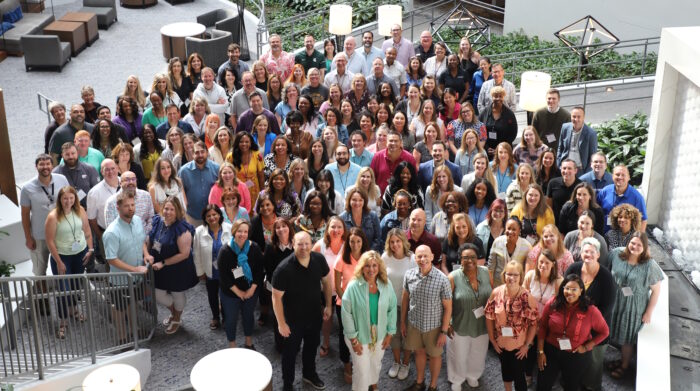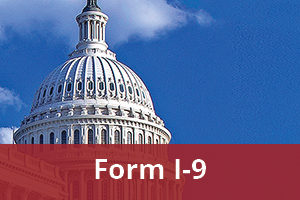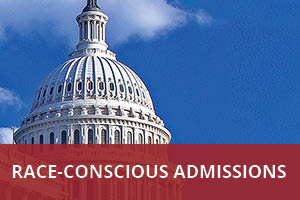by CUPA-HR | August 23, 2023
Editor’s note: The information in this post came from the National Athletic Trainers’ Association’s white paper “The Collegiate Athletic Trainer Labor Crisis,” which includes a checklist and a library of resources to assist collegiate ATs and leaders in evaluating recruitment, hiring, retention and advancement practices.
Like much of higher ed, collegiate athletics is struggling with a labor crisis due to the post-pandemic “Great Resignation.” Particularly in the area of athletic training, colleges and universities are finding it more and more difficult to attract and retain talent. Given the role and value ATs and their sports medicine departments have in reducing risk for their athletic department and institution, it is critical for leaders to understand and address the current labor crisis.
To identify some reasons for this labor challenge, the National Athletic Trainers’ Association (NATA) Intercollegiate Council for Sports Medicine (ICSM) in collaboration with the NATA Compensation Task Force surveyed more than 1,120 collegiate athletic trainers (ATs) across the country. Pay, organizational culture, burnout and increased work responsibilities were the themes that emerged.
Findings
Salary remains the most important factor for collegiate ATs as they evaluate employment options.
As the AT profession continues to see increasing employment opportunities within hospitals, sports medicine clinics, industrial settings, physician offices, and military and municipality services, the market is becoming more competitive. The collegiate AT average salary of $54,000 remains below the overall athletic trainer average salary of $61,000.
Workload is a cause for concern. More than half of the survey respondents indicated they were caring for more than 100 student-athletes, and 65 percent said they had received additional responsibilities from their supervisor without an increase in compensation. Due to workload, respondents expressed concerns around being able to provide student-athletes with the attention they deserve, being able to devote time to preventative care and/or corrective exercise, and an inability to provide one-on-one rehab time to student-athletes. Research suggests that ATs with very high patient loads perceive an inability to meet the demands of their athletic administrators and coaches, which leads to increased emotional exhaustion and burnout. The survey found that only 12 percent of respondents have been employed in collegiate athletics beyond 10 years.
Organizational culture plays a large role in attracting and retaining ATs. The survey found that collegiate ATs expect a positive work culture that promotes student-athlete health and safety, an understanding of ATs responsibilities, appropriate time demands, independent medical care and a collaborative team environment. Additionally, respondents indicated a desire for formal onboarding and mentorship programs specific to the AT position — while 60 percent of respondents indicated such a program would be favorable, only a third had any formal onboarding with their current position.
How Can Institutions Respond?
Institutions that are slow to respond to the athletic trainer labor crisis will continue to have challenges hiring and retaining ATs. To this end, NATA has outlined several steps institutions can take to address the challenges around attracting and retaining talent in the athletic trainer field:
- Conduct a salary and benefits review of your institution’s ATs, with particular attention to different AT employment opportunities within your local area; additional provisions that could be offered (sign-on bonuses and/or retention bonuses); market rates and compa-ratios; and compensation for increased roles, responsibilities and job duties.
- Audit your institution’s AT job descriptions to ensure they are reflective of AT duties and responsibilities.
- Offer more work flexibility, support services and work-life balance resources for ATs.
- Create AT-specific mentorship and onboarding programs.
For more on the collegiate athletic trainer labor shortage and strategies leaders can use to attract, recruit and retain these employees in an increasingly competitive environment, read NATA’s white paper, The Collegiate Athletic Trainer Labor Crisis: A Data-Driven Guide Outlining the Current Collegiate Workplace Environment and Strategies to Improve Workplace Engagement.






